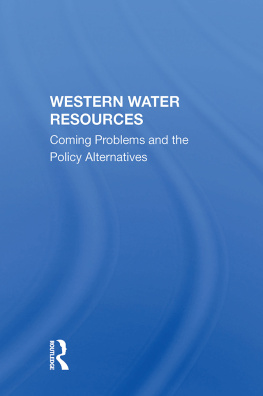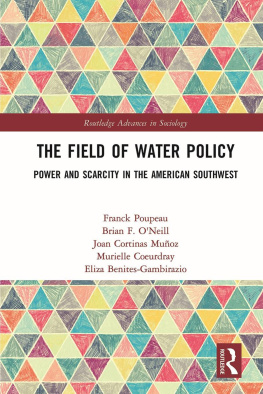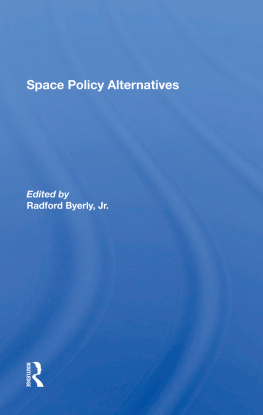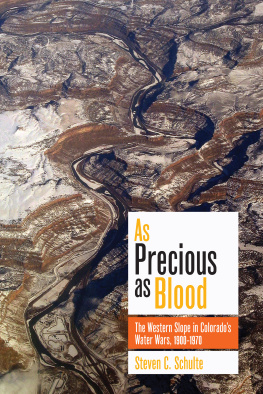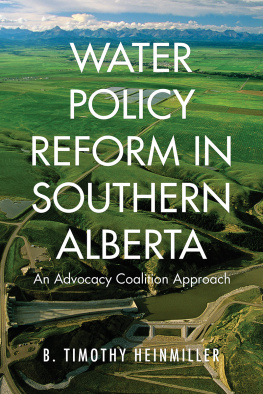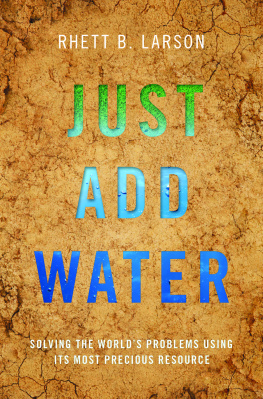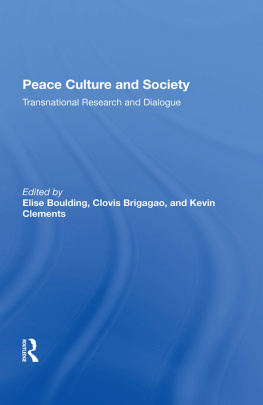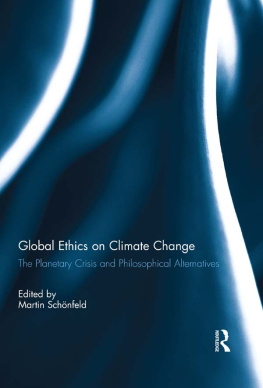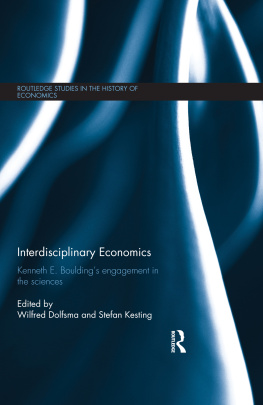K Boulding - Western Water Resources: Coming Problems and the Policy Alternatives
Here you can read online K Boulding - Western Water Resources: Coming Problems and the Policy Alternatives full text of the book (entire story) in english for free. Download pdf and epub, get meaning, cover and reviews about this ebook. year: 2021, publisher: Routledge, genre: Politics. Description of the work, (preface) as well as reviews are available. Best literature library LitArk.com created for fans of good reading and offers a wide selection of genres:
Romance novel
Science fiction
Adventure
Detective
Science
History
Home and family
Prose
Art
Politics
Computer
Non-fiction
Religion
Business
Children
Humor
Choose a favorite category and find really read worthwhile books. Enjoy immersion in the world of imagination, feel the emotions of the characters or learn something new for yourself, make an fascinating discovery.
- Book:Western Water Resources: Coming Problems and the Policy Alternatives
- Author:
- Publisher:Routledge
- Genre:
- Year:2021
- Rating:5 / 5
- Favourites:Add to favourites
- Your mark:
- 100
- 1
- 2
- 3
- 4
- 5
Western Water Resources: Coming Problems and the Policy Alternatives: summary, description and annotation
We offer to read an annotation, description, summary or preface (depends on what the author of the book "Western Water Resources: Coming Problems and the Policy Alternatives" wrote himself). If you haven't found the necessary information about the book — write in the comments, we will try to find it.
K Boulding: author's other books
Who wrote Western Water Resources: Coming Problems and the Policy Alternatives? Find out the surname, the name of the author of the book and a list of all author's works by series.
Western Water Resources: Coming Problems and the Policy Alternatives — read online for free the complete book (whole text) full work
Below is the text of the book, divided by pages. System saving the place of the last page read, allows you to conveniently read the book "Western Water Resources: Coming Problems and the Policy Alternatives" online for free, without having to search again every time where you left off. Put a bookmark, and you can go to the page where you finished reading at any time.
Font size:
Interval:
Bookmark:

605 Third Avenue, New York, NY 10017
2 Park Square, Milton Park, Abingdon, Oxon OX14 4RN
Product or corporate names may be trademarks or registered trademarks, and are used only for identification and explanation without intent to infringe.
Main entry under title:
Western water resources.
Papers, compiled by Marvin Duncan, from a symposium held in Denver, Colo., Sept. 27-28, 1979.
1. Water resources developmentThe WestCongresses. 2. WaterLaw and legislationThe WestCongresses. 3. Water-supplyThe WestCongresses. I. Duncan, Marvin R. II. Federal Reserve Bank of Kansas City.
TC423.6.W47 333.91'00978 80-14142
ISBN 13: 978-0-3672-1632-0 (pbk)
- PART 1 DIMENSIONS OF THE WATER RESOURCES PROBLEMS
- 2 The Coming Conflicts over Water
- Commentary
- 3 Six-State High Plains-Ogallala Aquifer Area Regional Study
- 4 Issues in Determining Indian Water Rights
- 5 The Quality of Water: Problems, Identification, and Improvement
- 6 Better Use of Water Management Tools
- 2 The Coming Conflicts over Water
- PART 2 POLICIES TO COPE WITH THE PROBLEMS
- 7 A Western Governor Looks at Water Policy
- 8 Western Water Resources: Means to Augment the Supply
- Commentary
- 9 Financing Water Resources Development
- Commentary
- 10 The National Perspective
- PART 3 IMPROVING THE WATER-ALLOCATION PROCESS
- 11 Water Law, Policies, and Politics: Institutions for Decision Making
- Commentary
- 12 The Benefit-Cost Dilemma
- Commentary
- 13 Better Use of Water Management Tools
- Commentary
- 14 The Implications of Improved Water Allocation Policy
- 11 Water Law, Policies, and Politics: Institutions for Decision Making

Federal Reserve Bank of Kansas City
Font size:
Interval:
Bookmark:
Similar books «Western Water Resources: Coming Problems and the Policy Alternatives»
Look at similar books to Western Water Resources: Coming Problems and the Policy Alternatives. We have selected literature similar in name and meaning in the hope of providing readers with more options to find new, interesting, not yet read works.
Discussion, reviews of the book Western Water Resources: Coming Problems and the Policy Alternatives and just readers' own opinions. Leave your comments, write what you think about the work, its meaning or the main characters. Specify what exactly you liked and what you didn't like, and why you think so.

